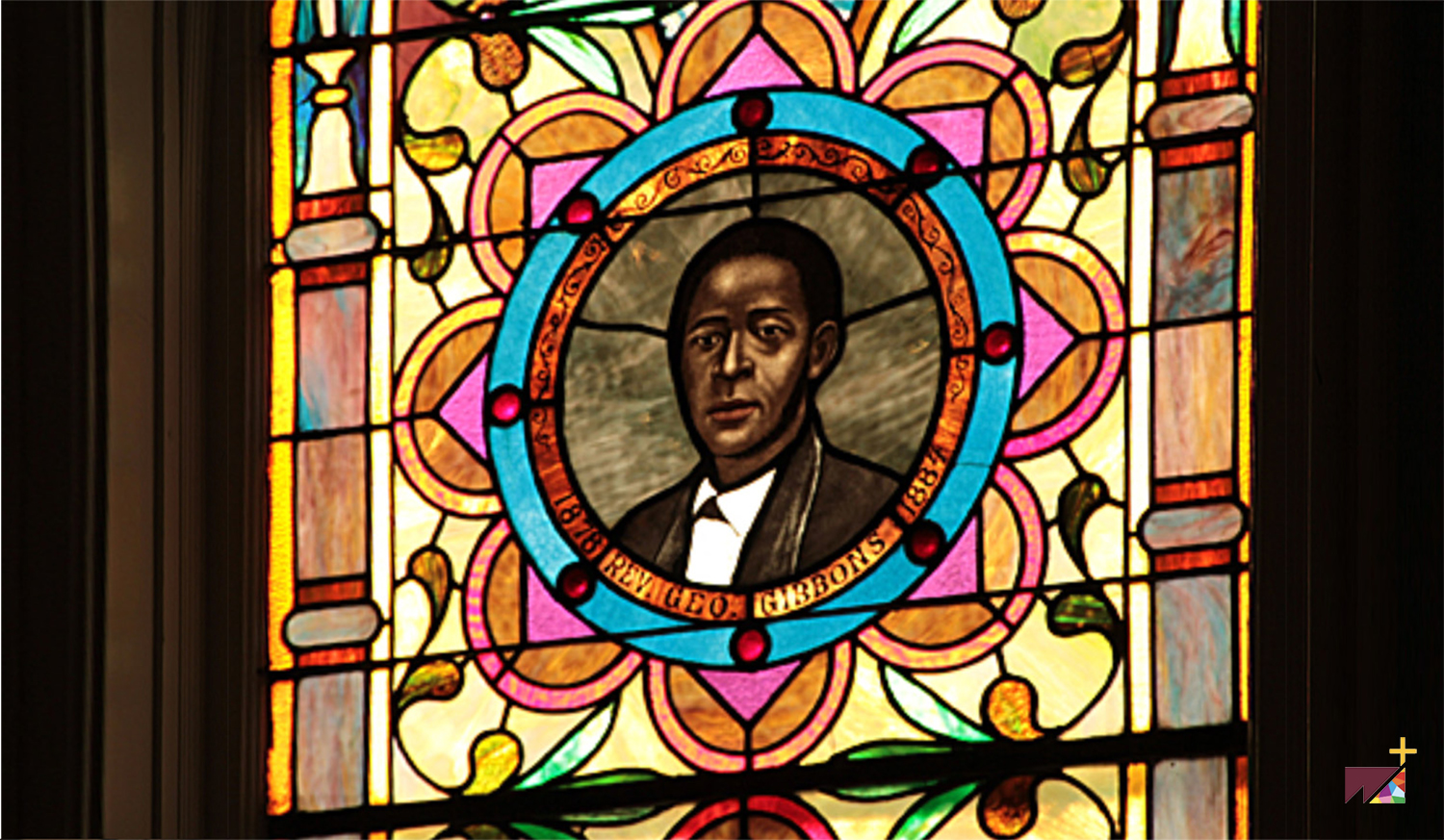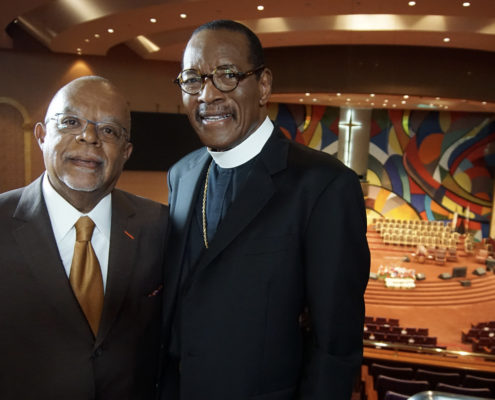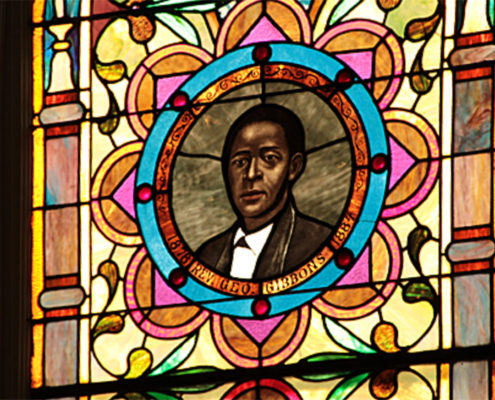
Presiding Bishop Blake Reflects Upon God’s Place In Black History
Looking to the past provides direction for the current fight for justice. By Presiding Bishop Charles Blake, Sr.
When you are in the throes of doing what is right for righteousness’ sake, little time is taken to appreciate or envision the historical imprint your actions may have on the country. You don’t stop to ponder how your actions will alter the course of your life.
In college, I found myself watching and reading about events that were being characterized as civil resistance and civil disobedience. I often went to God in prayer to ask how I could be an instrument of change in what was happening in Alabama at the time. I didn’t realize then that the civil rights movement would become so richly commemorated and celebrated during Black History Month. It is crucial to continue to remember not only those days but all the ideas and events that have shaped the history of African Americans and our nation. And none is more important than this: the place of God in all of it.
In 1976, as part of the United States bicentennial, President Gerald R. Ford officially recognized Black History Month, calling upon America to
“seize the opportunity to honor the too-often neglected accomplishments of Black Americans in every area of endeavor throughout our history.”
Long before President Ford’s official recognition of Black History Month in 1976, African American, Harvard-trained historian Carter G. Woodson and prominent, African American minister Jesse E. Moorland founded an organization, known today as the Association for the Study of African American Life and History (ASALH). The ASALH was dedicated to researching and promoting achievements by black Americans. The organization sponsored the first national Negro History Week in 1926, selecting the second week of February to coincide with the birthdays of Abraham Lincoln and Frederick Douglass, February 12 and February 14, respectively.
Said Woodson:
“If a race has no history, it has no worthwhile tradition, it becomes a negligible factor in the thought of the world, and it stands in danger of being exterminated.”
 BISHOP BLAKE REFLECTS UPON GOD’S PLACE IN BLACK HISTORY –Rev. Dr. Martin Luther King Jr. speaks to the crowds in Washington, DC.
BISHOP BLAKE REFLECTS UPON GOD’S PLACE IN BLACK HISTORY –Rev. Dr. Martin Luther King Jr. speaks to the crowds in Washington, DC.
THE ROAD TO CIVIL RIGHTS
By the late 1960s, thanks in no small part to the civil rights movement and a growing awareness and pride in black heritage, Negro History Week had evolved into Black History Month.
The nonviolent protests and movements of today are inspired by the strategies of the civil rights movement. Despite the separation of decades, I see great similarities in the cries for justice and against police brutality. What is obviously different today is this: the civil rights movement was visibly God-centric in its motivational speeches; there were many calls for prayer and appeals to the biblical justification of the movement.
In his famous “Letter from Birmingham Jail,” written April 16, 1963, Dr. Martin Luther King Jr. wrote,
“Of course, there is nothing new about this kind of civil disobedience. It was evidenced sublimely in the refusal of Shadrach, Meshach, and Abednego to obey the laws of Nebuchadnezzar, on the ground that a higher moral law was at stake. It was practiced superbly by the early Christians, who were willing to face hungry lions and the excruciating pain of chopping blocks rather than submit to certain unjust laws of the Roman Empire.”
As I look at the genesis of the African American and note our heroic journey traveled as a people—through enslavement, oppression, rejection, and segregation—the greatest constant, on the path to the freedoms enjoyed today, was the presence of God-loving, God-fearing, and God-worshiping men and women.![]()
Reprinted from “Christianity Today,”/ FEBRUARY 12, 2016. Main image: Stained glass images at the First African Baptist Church in Savannah, CA reflect a history of African American church leadership which predates the founding of America. Courtesy, “In Our Own Image: Treasured African American Traditions, Journeys, and Icons”.
READ MORE on African American history on westa.org –





